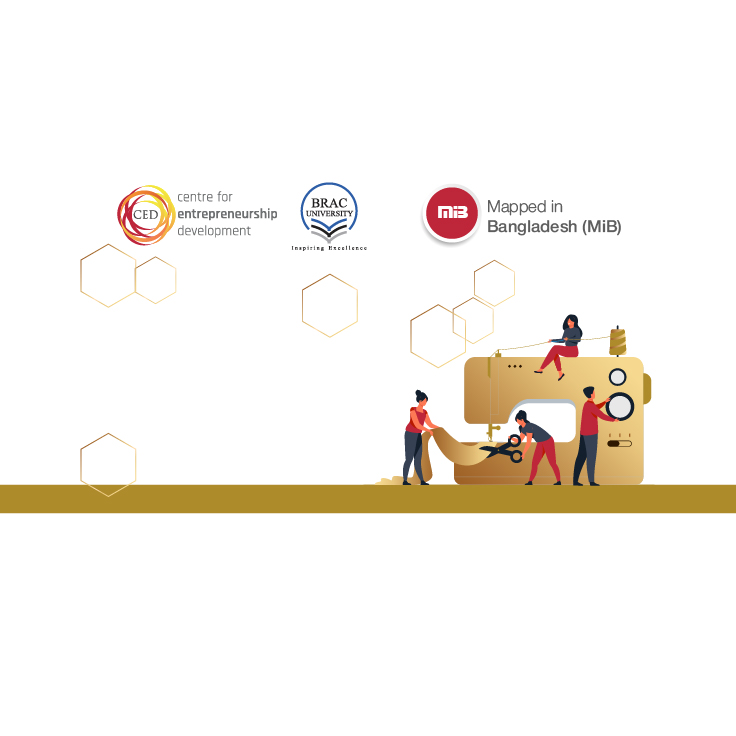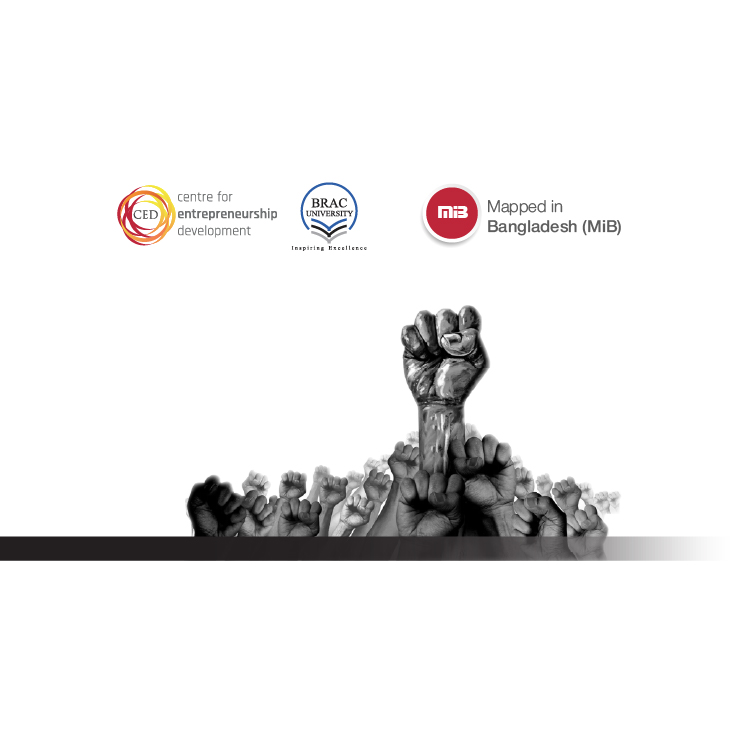Surveying factories for a cluster randomized trial

Background
Researchers from the University of Washington, Columbia Business School and BRAC University participated in a joint investigation titled ‘The roles of information and search frictions in determining working conditions in Bangladesh’s apparel sector.’
The study aimed to experimentally investigate to what extent information and search frictions in Bangladesh’s labour market contribute to inefficient matching between workers and firms, how this intersects with gender and its impact on beliefs about working conditions in the garment sector, job search activity and employment outcomes. The aim was to explore whether policies that alleviate information frictions can help to close gender gaps in labour outcomes.
The Challenge
Researchers wanted to survey a sample of factories to implement a cluster randomized controlled trial (RCT). Accessibility to factories was key.
The Solution
Using MiB’s map, 270 factories were drawn as sample factories in the pilot phase and the job information of 2500 factories were gathered in scale up phase. Located in Gazipur, Savar (Dhaka District), and Narayanganj, these factories were surveyed for the RCT to provide information to the researchers about job characteristics of workers, job openings for workers, job search activity of workers and employment outcomes of workers.
The Result
MiB’s data was critical in enabling the team to draw sample factories and contact them to take part in the survey. Due to the study’s success, the researchers are collecting follow-up data over the eight months of the treatment and exploring how information on job vacancies in factories helps workers to find jobs that are a good fit for them.
Testimonial
Our partnership with MiB was crucial for this research project’s success. MiB has a singular ability to collect information from factory management, which is a very challenging population for researchers to reach. We are very grateful for our strong partnership and collaboration with MiB.

Implemented by

Funded by




Latest Case Studies
Read the case studies and updates from the MiB team.






